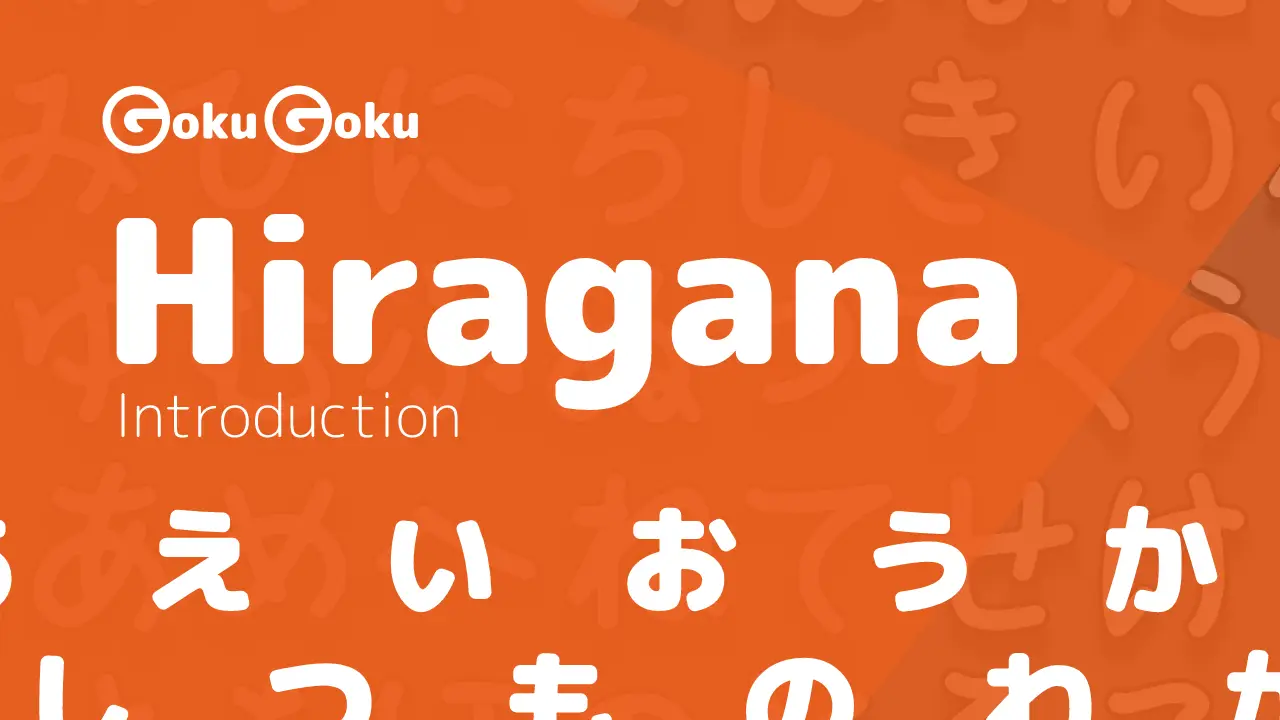からといって (karatoitte) Meaning Japanese Grammar - Not Necessarily
GokuGoku
Get in touch with meThe expression からといって (kara to itte) means just because, not necessarily, even if.
からといって is used to criticize or give a negative opinion about an action or idea of the person we are talking to.
In this post we are learning more about the meaning of からといって, how it is formed, and when からといって is used through real example sentences.
How からといって is formed
The expression からといって follows verbs, adjectives, and nouns. However, before a noun or an adjective in な, you must add the copula だ:
からといって is made of:
Particle から: indicates the origin of the criticism,
given the fact that...it does not mean that...Particle と: used to quote what has been said previously,
the fact that it has been said...does not mean thatいって: Te form of the verb 言う, which means
to say
We can see how this expression literally means despite the fact that it has been said that....
How and when to use からといって
The expression からといって means just because(A).... This expression is used to criticize an opinion or an idea of the person we are talking to.
Let's see an example to understand the meaning of からといって:
一度失敗したからといって、次も失敗するとは限らない。
Just because you failed once, doesn't mean you'll fail again.
In this example からといって follows the verb 失敗する (to fail) and indicates that failing once does not mean that you will fail again. からといって is used to criticize our interlocutor's idea that he will fail again no matter what, since he already failed once.
からといって is often found together with とは限らない, which is another expression meaning "not necessarily"
からといって can also be found together with another grammatical expression: わけではない
Criticize someone's idea
からといって is also used to criticize another person's idea or opinion. In this case we are telling or advising our interlocutor not to take a certain action just because we are in a certain condition.
Let's also see an example here:
痒いからといってあんまりかかない方がいいよ。
Just because it's itchy doesn't mean you have to scratch it that much.
In this case we are warning our interlocutor that it would be better not to give in to temptation just because it itches, because you risk to scratch yourself.
We therefore note the sense of criticism towards another person's action.
Examples of からといって
数えられたからといって終わりではない。
Just because it increases doesn't mean there is no end.
子供だからといって、許される行為じゃない。
Just because they are children doesn't mean that behavior is acceptable.
トレーニングをしたからといって、必ず試合に勝てるわけではない。
Just because you practiced doesn't mean you will definitely win.
Similar grammar points in Japanese 📚
というふうに
というふうに (to iu fuu ni) Meaning Japanese Grammar - in Such a Way That...
そんなふうに
そんなふうに (sonna fuu ni) Meaning Japanese Grammar - Like That
ふうに
ふうに (fuu ni) Meaning Japanese Grammar - In a Way
あんなふうに
あんなふうに (anna fuu ni) Meaning Japanese Grammar - Like That
こんなふうに
こんなふうに (konna fuu ni) Meaning Japanese Grammar - Like This
っていうふうに
っていうふうに (tte iu fuu ni) Meaning Japanese Grammar - In Such a Way That...

